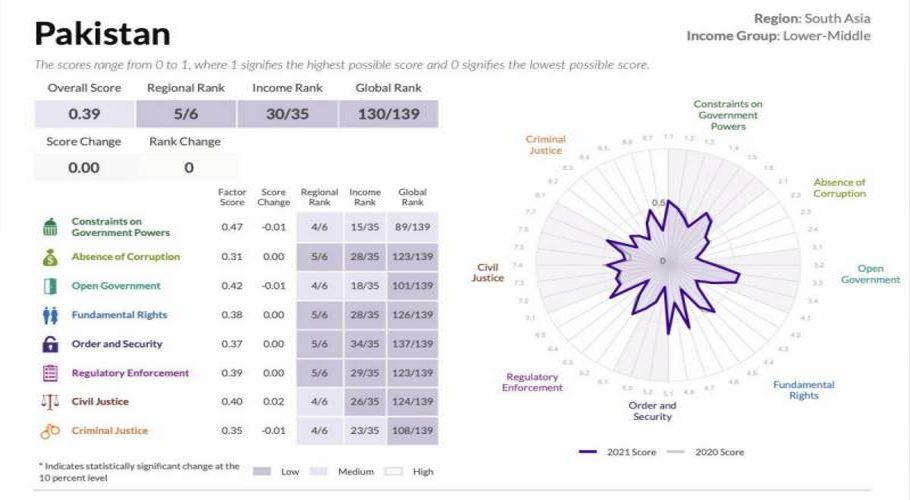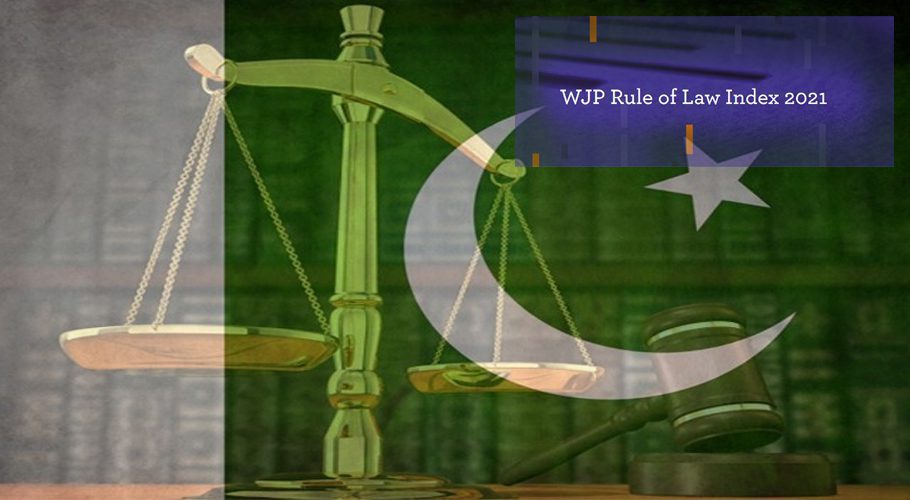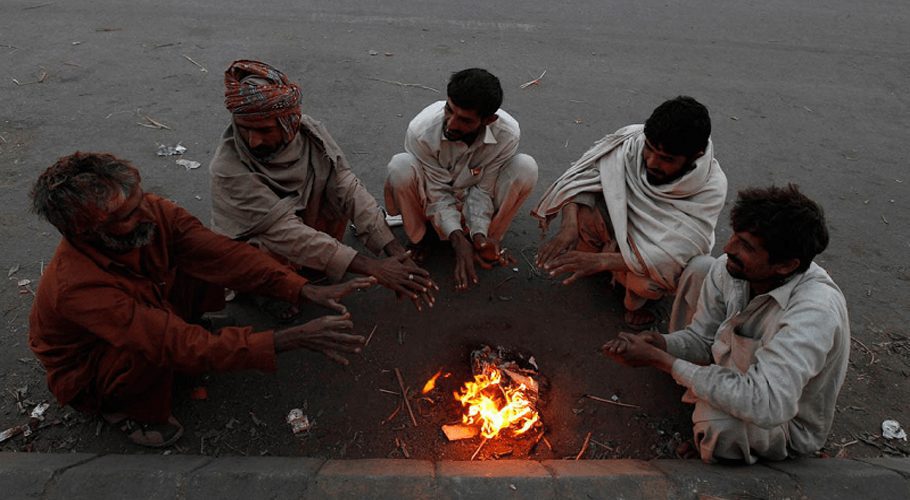![]() Follow Us on Google News
Follow Us on Google News
ISLAMABD: Pakistan has objected strongly to the World Justice Project’s Rule of Law Index 2021 that has ranked Pakistan’s judicial system as one of the worst in world. In a letter to World Justice Project, Pakistan has termed the Index as “presumptuous”, pointing to elements that are beyond the control of the judiciary.
World Justice Project’s Rule of Law Index released in October 2021, Pakistan was ranked among the countries with the worst for adherence to the rule of law, ranking 130 out of 139 nations included on the list.
The Law and Justice Commission has now written to the authors of the ‘Rule of Law Index 2021,’ – the World Justice Project (WJP), expressing its concerns over the methodology adopted in the ranking.

The WJP had based its ranking on four principles; accountability, just Law, open government and accessible and impartial justice.
Moreover, it measured rule of law per the experience and perception of the public based on nine factors; constraint on government power, absence of corruption, open government, fundamental rights, security and order, regulatory enforcement, civil justice, criminal justice and informal justice.
Noting that while the theoretical framework of evaluation appears robust, their application in general, and on Pakistan in particular had certain gaps.
The Law and Justice Commission in its assessment said that only two factors out of the nine listed for the determination of rule of law relate to the judicial system. These include civil justice and criminal justice.
The remaining seven, it said, relate to the governance system, executive efficiency and behavior of the society.
In civil justice, Pakistan was globally ranked at 124 out of 139 jurisdictions, the commission noted, adding that in criminal justice it was placed at 108 amongst the 139 countries.
The commission argued that besides the judiciary, these two factors involve other state departments such as the police, prosecution, prisons and the lawyers’ community and that there is also a role to be played by the public.
“In a traditional and heterogeneous society, the casual behavior of the general public towards litigation hampers its expeditious disposal,” the commission said, adding, that these underlying factors are not in the control of the judiciary anywhere in the country and were overlooked in the report.
The commission also raised questions over the methodology employed to arrive at the results. “General Population Poll (GPP) was not carried out afresh when the Rule of Law Index, 2021 was published,” the commission stated, adding that data from interviews conducted in 2019 was used for the indices published in 2020 and 2021.
“The respondents selected were not only regionally limited but also no information has been added whether they had any direct exposure or experience of interaction with any legal or justice sector related department in Pakistan,” it said, adding that surveys based on such a small sample, limited areas and unrepresentative selection do not accurately reflect the opinion of a country of 230 million.
“Furthermore, the data collected was based on a “presumptive scenario” and “perception” of the respondents without actual statistics being consulted during evaluation,” the commission said.
































